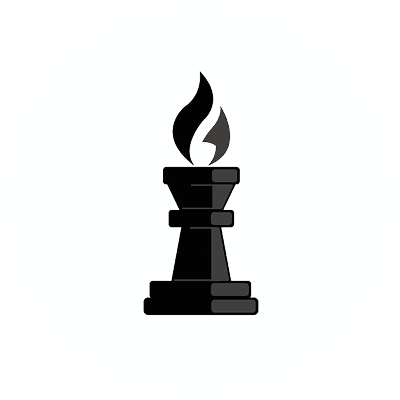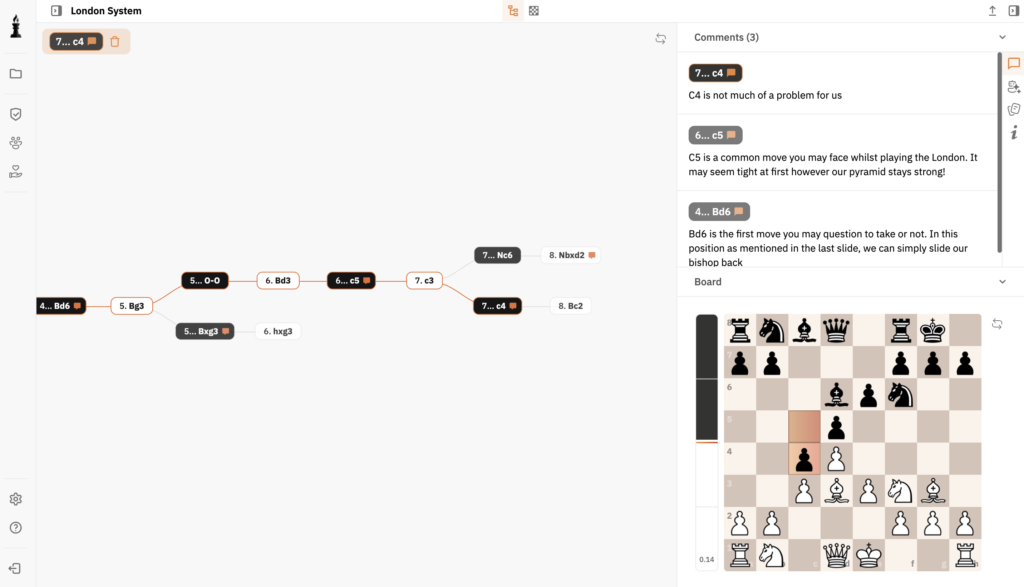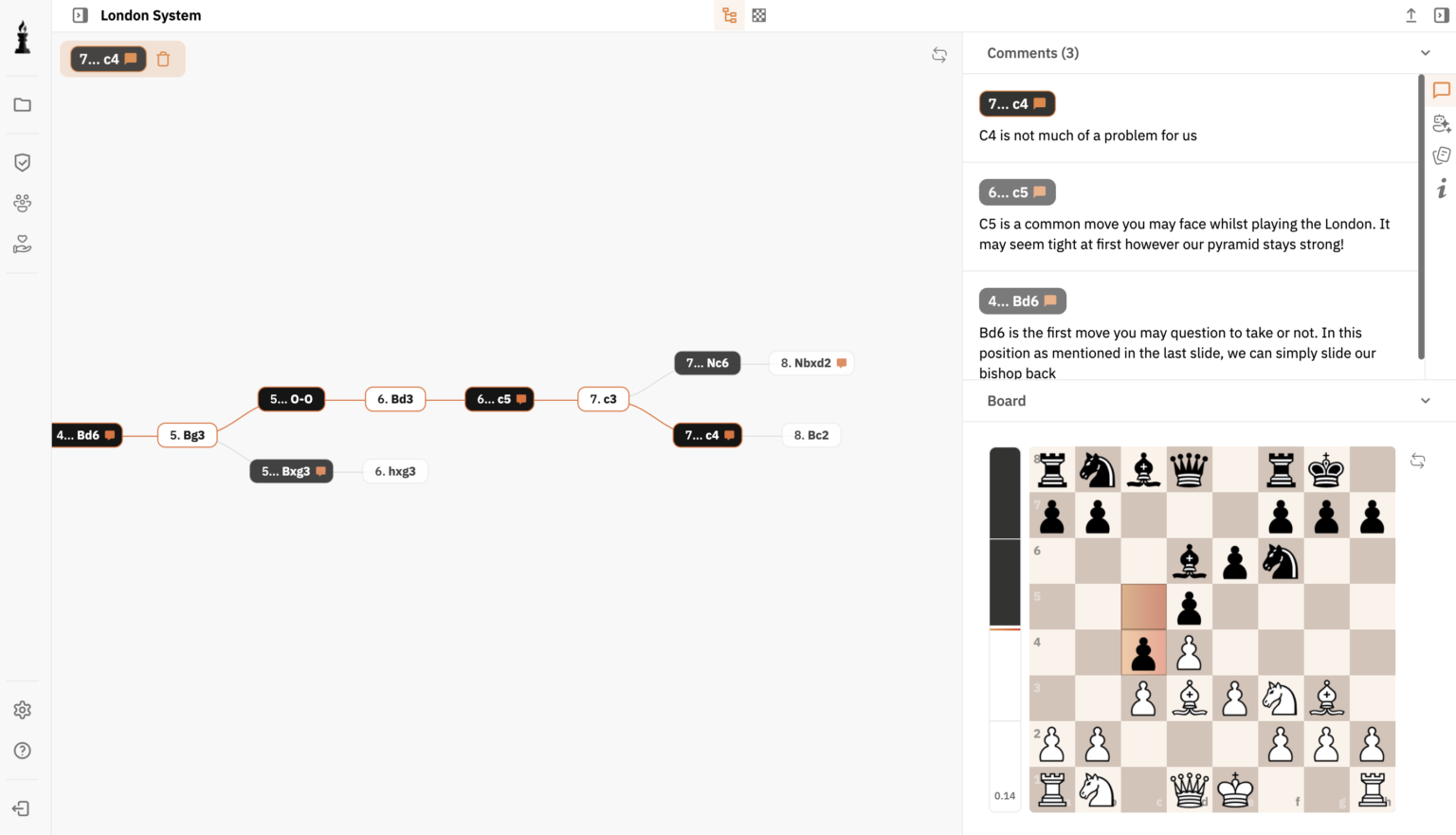Introduction to Training Techniques
Chess, a game of strategic depth, requires continuous training and adaptation. This article delves into various training techniques and their significance in enhancing a player’s skills. Whether you aim to become a Grandmaster (GM) or refine your strategies as a Woman International Master (WIM), understanding core training methods is essential.
Importance of Structured Training
Structured training provides a framework to systematically improve. Players can address weaknesses in specific areas, such as pawns, middle games, or end games. Analyzing games using Portable Game Notation (PGN) helps in understanding these elements better.
Cultivating Effective Training Habits
Consistency and discipline are essential. Many successful players set aside regular time slots for practice, integrating both theory and practical play. As noted by many successful players from the Soviet School of Chess, disciplined training regimes have proven to yield substantial improvement.
Technological Aids in Training
Modern technology brings powerful tools like Stockfish for analyzing games and predicting moves. Implementing these tools helps in exploring new strategies and identifying potential blunders.
Using Online Platforms
Online platforms provide a convenient space for training and playing games against opponents worldwide. They use the Elo Rating System to match players with equal skill levels, which is crucial for balanced practice.
Tactical Training Modules
Tactics form the core of effective play. Practicing tactical puzzles helps players become adept at identifying and executing tactics like forks, skewers, and pins during actual gameplay.
Importance of Tactical Awareness
Being tactically aware means recognizing tactical opportunities and threats. Regular practice with tactical modules can greatly enhance this aspect of a player’s skill set.
Mentorship and Community Engagement
Learning from experienced players or mentors offers unique insights. Engaging with communities, such as those established around the teachings of Mikhail Chigorin or Aron Nimzowitsch, can provide both inspiration and practical knowledge.
Participate in Tournaments
Tournaments allow players to test their skills under pressure. Participating in tournaments, especially Candidates Tournaments, helps players understand their strengths and areas needing improvement.
Integrating Classical and Modern Techniques
Combining classical methods with modern techniques provides a comprehensive approach to training. Studying historical games alongside current tactics creates a robust understanding of chess strategy.
Examining Historical Games
Reviewing games from chess legends like Louis-Charles Mahé de La Bourdonnais and others helps to appreciate different strategic elements over time.
Conclusion
Training in chess is a multifaceted endeavor that combines strategic understanding, tactical prowess, and technological tools. Platforms like ChessFlare offer valuable resources and tools for training and honing your chess skills. By integrating classical strategies with modern training aids, players can significantly enhance their prowess over the board.
Through continuous practice and community engagement, any player aspiring to achieve titles like Woman Grandmaster (WGM) or FIDE Master (FM) can see significant improvement. For those especially interested in the historical and cultural impact of chess, exploring the early contributions of personalities such as Ruy Lopez can also offer enriching insights.
Online tools like ChessFlare and Stockfish provide excellent platforms for analysis, studying openings, and practicing tactical puzzles. These tools help players enhance their strategic prowess and improve decision-making skills during games.
Mentorship offers personalized guidance and valuable insights only experienced players can provide. Connecting with mentors from different schools of thought, such as the Soviet or Hypermodern Schools of Chess, expands one’s understanding and appreciation of diverse strategies.
Participating in tournaments is crucial for testing your skills against various opponents. It provides practical exposure, helps in building resilience, and sharpens time management skills under pressure.
Analyzing past games offers critical insights into strategic and tactical decisions made by chess masters. It helps players identify successful strategies and mistakes, contributing to a deeper understanding of chess principles and diverse playing styles.





